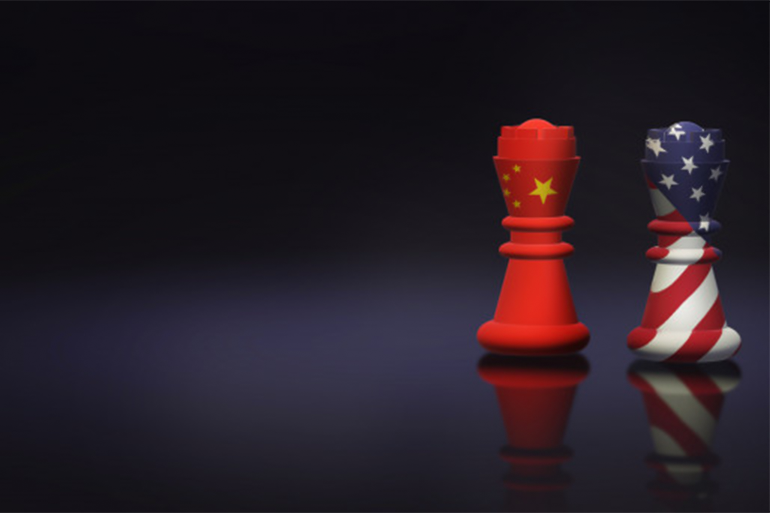Over the past couple of years, the US and China have been engaging in a trade war. While neither party has been openly aggressive, both parties have been pushing and vying for dominance. Then came talk of a trade deal between the two titans that many hoped would calm markets and allow the world economy to push forward with business as usual. This trade deal has been on and off the table repeatedly, sending global markets swinging wildly. But in January 2020, the trade deal, or at least the first phase of it, was signed.
But what does it entail and is it really going to change the status quo or is it just a tool to comfort world markets while the two titans continue their “tug of trade”? In this article let’s look at some of the biggest winners and losers of the US-China Trade Deal.
The Winners
Donald Trump – Trump is a clear winner in this whole drama. He can now claim that he’s settled the trade war and approach the 2020 election with yet another feather in his hat. Most Americans do actually agree that China trades unfairly, but also generally support free trade and are against tariffs. In fact, the Republican Party’s loss of seats in congress in 2018 can be attributed to the trade war and tariffs.
Xi & China – The Chinese president Xi Jingping and the Chinese government as a whole could possibly be the biggest winners of the US-China Trade Deal as they’ve largely agreed to terms that they themselves offered the US, earlier on in the process. This includes loosening market access to US financial and car firms. Xi Jingping and the CCP have also saved face in having not simply “bowed-down” to the US’s demands.
Emerging Markets – Whilst tariffs have been halved on over 120 billion dollars’ worth of goods, most of the higher duties which affect upwards of $360 billion of Chinese goods and $100 billion of US exports to China, remain in place. This will continue to fuel the boom in emerging markets such as Vietnam, Taiwan, Mexico and others as manufacturers look to economize and take advantage of transhipment arrangements. Many believe, Vietnam will emerge as the biggest winner.
The Losers
Farmers and Manufacturers – Under the new trade deal, China is expected to boost purchases in manufacturing, services, agriculture and energy by $200 billion from 2017 levels over two years. But it’s doubtful as to whether these figures will be achievable. China has also stipulated that this increase is dependent on “market demand” so, who knows. US farmers have been heavily impacted by Chinese tariffs and many have entered bankruptcy, prompting a federal bailout.
Average Americans – Manufacturers hit by tariffs are being forced to reduce their workforces. In the long-term, the US may likely reroute supply chains to avoid China altogether, but that is an expensive endeavour. An expense that will have to be borne by everyday Americans.
China Critics in Washington – For years groups and individuals in Washington have been crying foul about China’s business practices. But under the trade deal, China has agreed to new protections for intellectual property and both parties have agreed on a mechanism to resolve disputes arising out of intellectual property infringement, amongst other issues. In fact, failings in this area were one of the triggers of the trade war. But who’s to say if these commitments are any different to commitments China has made and reneged on in the past.
Still, with things appearing to be settled, there is less for China critics to harp on about and, presently, it seems like they may need to otherwise occupy themselves.
Will it Last?
There is no way to say for sure. However, some kind of understanding between the two global titans is better than no understanding at all. Given the track record of both sides, though, it is reasonable to assume that either the trade deal will continue with some tension or completely fall apart at some point. Either way, as always with geopolitics and global trade, there will be winners and there will be losers.

